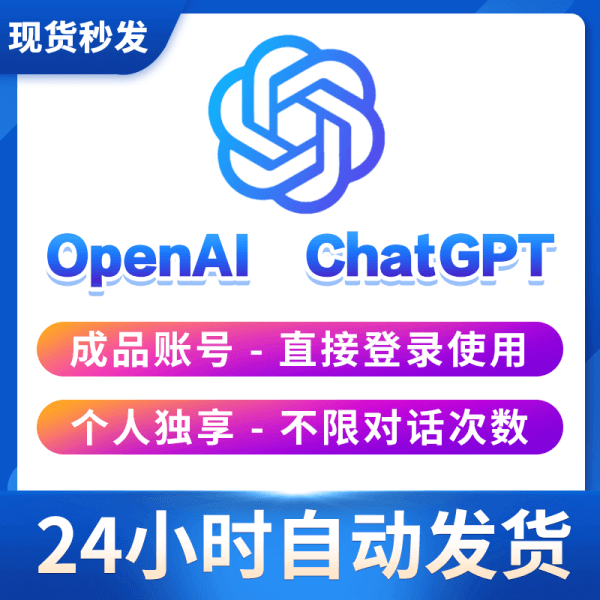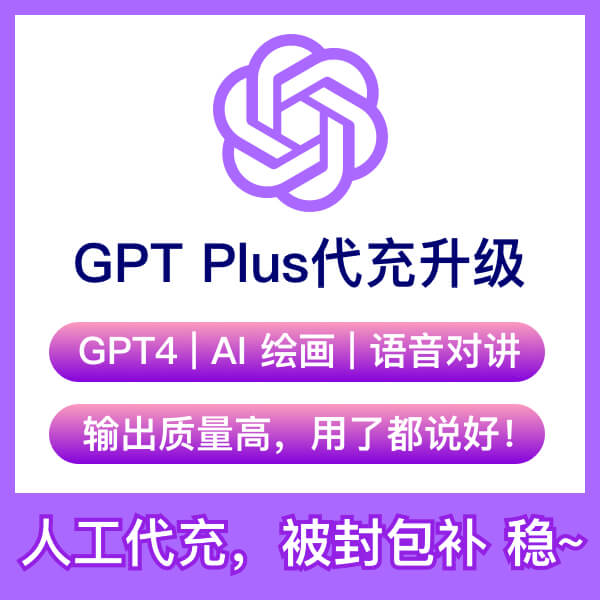ChatGPT Scholar: Accessing Open Access Scholarly Literature
Introduction
Welcome to ChatGPT Scholar, a powerful plugin developed by ScholarAI that provides open access to scholarly literature. In this article, we will explore the opportunities and risks of using ChatGPT in the fields of medicine, science, and academia.
The Power of ChatGPT Plugins
In recent years, language models like ChatGPT have made significant advancements in generating human-like text. These models have the potential to change the way we think and work by providing instant access to vast amounts of knowledge. ChatGPT plugins, like ScholarAI, are designed to enhance the capabilities of ChatGPT and make it easier for users to access specific types of information.
With the ScholarAI plugin, users can access open access scientific literature from peer-reviewed journals. This is a game-changer for researchers, scholars, and students who can now explore a wealth of scholarly knowledge at their fingertips.
How ScholarAI Finds Relevant Papers
ScholarAI utilizes a powerful search algorithm to find relevant papers in its database. The plugin indexes a wide range of peer-reviewed articles and academic research papers, ensuring that users have access to the most up-to-date and relevant information.
The search algorithm takes into account various factors such as relevance, citation count, and credibility of the publication. It considers keywords, abstracts, and author information to provide accurate and comprehensive search results. This enables users to find the most relevant papers for their research within seconds.
The Wide Range of Topics Covered
The ScholarAI plugin for ChatGPT covers a vast range of topics, making it a valuable tool for users from various disciplines. Whether you are researching technology, medicine, investment, or law, ScholarAI can help you find data and scholarly articles related to your field of interest.
Potential Impact on the Way We Think and Work
ChatGPT has the potential to revolutionize the way we think and work. With plugins like ScholarAI, the process of finding and accessing scholarly literature becomes more efficient and seamless.
Researchers and scientists can save precious time by using ChatGPT to navigate the vast sea of scientific literature. Instead of spending hours manually searching for relevant papers, they can rely on ScholarAI to provide them with the most pertinent information in a matter of seconds.
Students and scholars can also benefit greatly from ChatGPT Scholar. The plugin not only enables them to find relevant papers but also helps them stay up-to-date with the latest research and developments in their field.
Opportunities and Risks in Medicine, Science, and Academia
The integration of ChatGPT and ScholarAI opens up a world of opportunities in medicine, science, and academia. Medical professionals can access the latest clinical trials, research papers, and treatment guidelines. Scientists can stay informed about cutting-edge discoveries and breakthroughs. Scholars can explore a wide range of topics and expand their knowledge base.
However, it is important to acknowledge the risks associated with relying solely on AI-powered tools for research. While ChatGPT and ScholarAI provide valuable information, they should be used as complementary tools rather than replacements for critical thinking and rigorous research methodologies. It is essential to validate the information obtained through these plugins and cross-reference them with other reputable sources.
Conclusion
The ScholarAI plugin for ChatGPT is revolutionizing the way we access scholarly literature. It provides users with instant access to a vast database of peer-reviewed articles and academic research papers. From medicine to science and academia, ScholarAI covers a wide range of topics, making it an invaluable tool for researchers, scholars, and students.
ChatGPT and ScholarAI have the potential to accelerate the pace of research and discovery, but it is important to recognize the limitations and potential risks associated with relying solely on AI-powered tools. The future of AI in research and academia is promising, and it is up to us to leverage its power responsibly and ethically.



